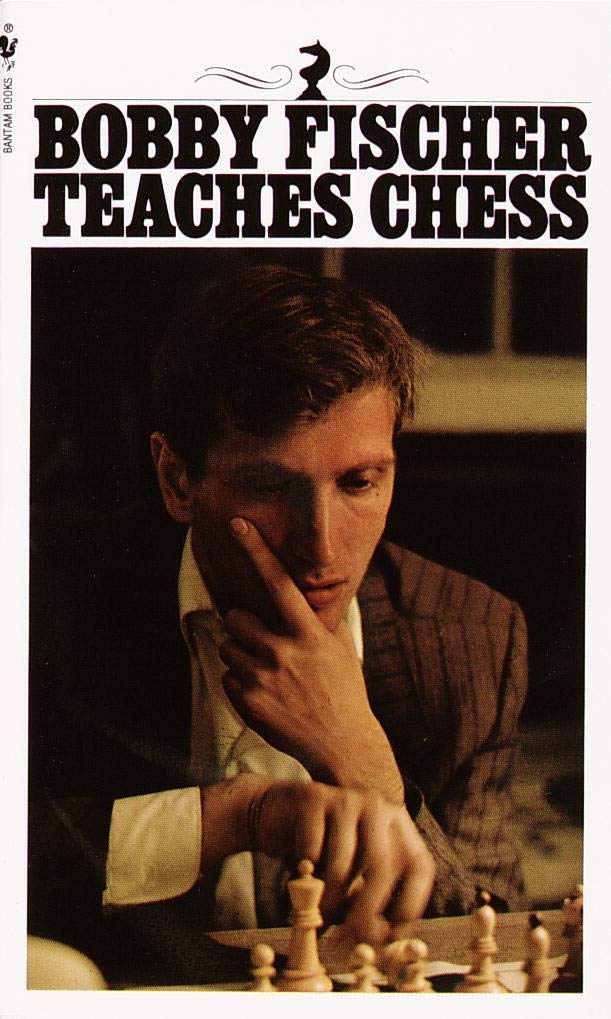
Just find some solid openings that you like and stick with them, so that you build up some experience in the lines that you play. I am not going to address openings, as most players below 2200 elo study openings way more than they should.

If you really grapple with the material and try to master it, if you constantly set yourself problems and try to solve them, any decent book can take you a step forward. Actually, it doesn't matter so much which book you choose as how you use it. Maybe add an annotated game collection from one of your favorite players (like Tal or Fischer or Karpov or Kasparov or Anand), or an instructive game collection (like John Nunn's "Understanding Chess Move by Move," or "The Mammoth Book of the World's Greatest Chess Games"). Maybe a book with some positional/strategical puzzles as well (something like Johan Hellsten's "Mastering Chess Strategy" would be good, there are probably others).
How to read chess books manual#
An endgame puzzle book rather than an endgame manual (e.g., John Hall's "Endgame Challenge," Bernd Rosen's "Chess Endgame Training," or the like). Any one of the modern "1001 tactical problems" type books would be good (e.g., Zenon Franco's "The Giant Chess Puzzle Book," Richard Palliser's "The Complete Chess Workout," Igor Sukhin's "Chess Gems," etc.). However, I would primarily recommend puzzle books for anyone below about 2100 elo. There is quite a big difference between an 1800 elo player and a 1999 elo player. I am a little hesitant to recommend specific books: different people react well to different types of material, and honestly I am not sure what "Class A" means. In my experience, people who are not highly motivated usually don't get very strong, no matter how talented. Anything you can do to increase your motivation (find a rival, set a serious goal, play on a chess team, etc.) is a plus. As a result, when they sit down at the board they are highly motivated, they have a lot of fighting spirit, and they are hard to kill. They really hate to lose, and they really love to win. The single characteristic shared by all strong chess players I have known is that they have a strong desire to win: they are highly invested psychologically in the outcome of every game. (5) My last idea is rather murky, but nonetheless very real. I am a big fan of solitaire chess (any at least lightly annotated game collection will do), as it presents you with problems to solve which cover all aspects of the game. Puzzles are one way of forcing you to think for yourself. The more you think for yourself, the better you get at it. You need concrete understanding, and to get it you must be thinking and calculating for yourself all the time.
How to read chess books how to#
Knowing that the bishop pair is usually an advantage is nice, but does you no good at all unless you have some concrete idea about how to exploit this advantage, and can apply this idea in practice. But abstract ideas are practically useless in chess.

People often read through game collections, middlegame manuals, and the like on autopilot without doing a lot of thinking for themselves, and then expect to improve. They will develop your ability to solve problems over the board. Tactics puzzles, positional puzzles, endgame puzzles, it doesn't matter much which. Never stop fighting until the game is over. Learning to create as many practical difficulties as possible for your opponent when you have a bad or lost position is also very important. Learning to win won positions in an absolutely relentless fashion without giving your opponent the slightest chance is a very important skill. Chess is a game where you can spoil everything with a moment's inattention. When you have a won position or an almost-won position, this is when your opponent is often at his most desperate and dangerous, and you should be very careful. (3) Learn to fight hard through the entire game. When I started slowing down and making myself take a little time and think about every move, even the obvious ones, I made a big step forward.

Many players make mistakes they could avoid if they just slowed down a bit, sat on their hands, and thought a little instead of moving quickly. Not literally, of course, although you could try it if you are really impulsive. It is no coincidence that all really strong players played hundreds (if not thousands) of serious games before they got really good.

Moreover, every mistake you make in a tournament game is showing you a gap (a poker player might say a "leak") in your play. The hard lessons you learn from your tournament games are ones you remember best. (1) If you have the opportunity to play in tournaments where there are stronger players, this is the best way to improve. None of them are original, but all of them have some value and bear repeating.


 0 kommentar(er)
0 kommentar(er)
